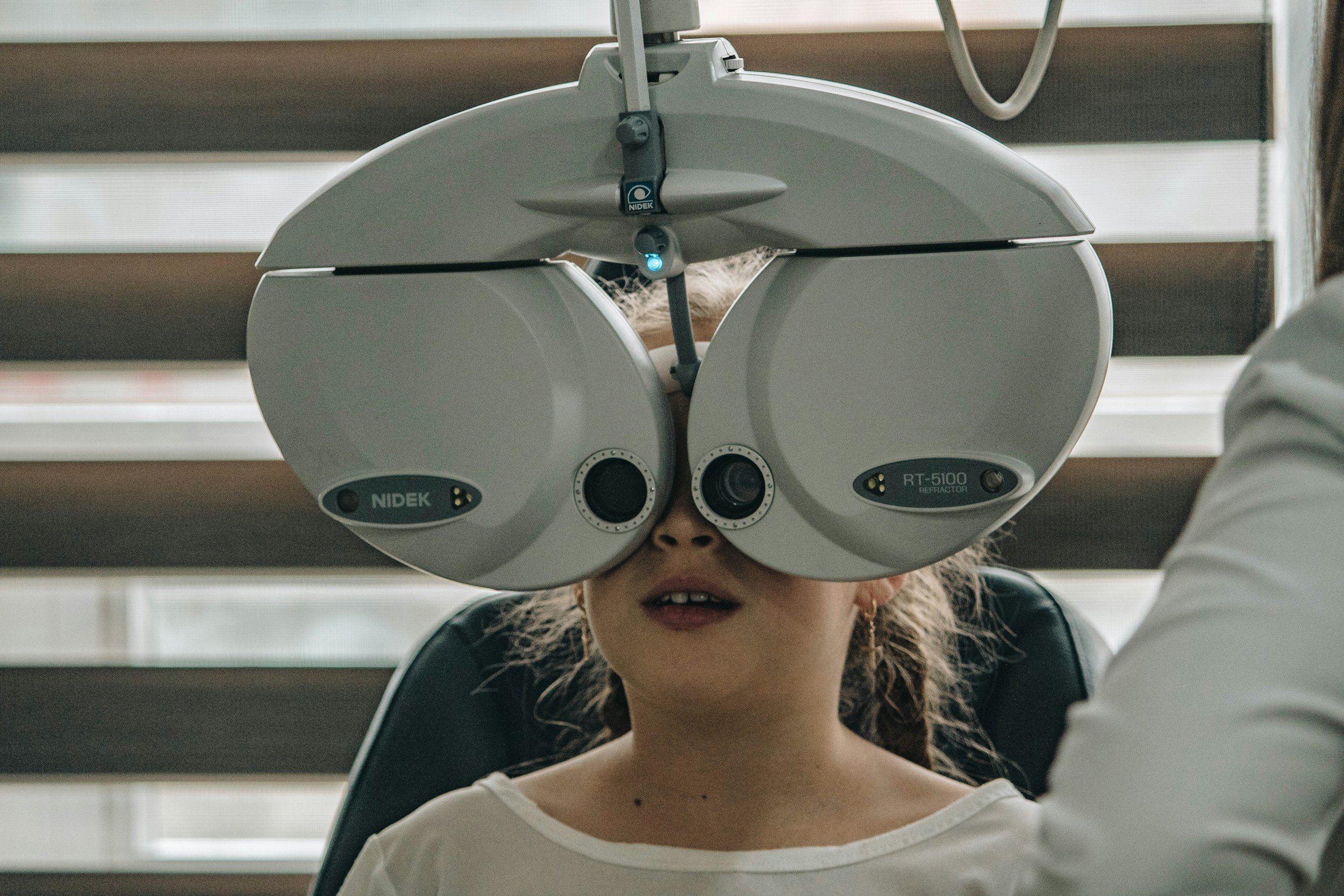
Comprehensive Eye Exams
Regular comprehensive eye exams are essential for maintaining optimal eye health and vision. At Hashemi Eye Care, we utilize state-of-the-art technology to provide thorough assessments that can detect eye conditions early, ensuring timely treatment and management. Our experienced neuro-ophthalmologists are dedicated to preserving your sight and enhancing your quality of life.
To learn how a full eye exam fits into our comprehensive eye care services, click here.
Why Comprehensive Eye Exams Are Important
Many eye conditions, such as glaucoma, diabetic retinopathy, and macular degeneration, develop slowly and without noticeable symptoms. Regular eye exams allow for early detection and intervention, which can prevent vision loss and other serious complications.
Your daily habits can also play a significant role in maintaining eye health between exams. Learn more on our Eye Health Page.
What to Expect During Your Eye Exam
During your comprehensive eye exam, several key tests will be performed to evaluate your vision and overall eye health:
Visual Acuity Test: Measures how clearly you see at various distances using a Snellen eye chart or digital acuity system.
Refraction Assessment: Determines your precise eyeglass or contact lens prescription with a phoropter and autorefractor.
Visual Field Testing: Checks for blind spots and peripheral vision issues, often associated with glaucoma.
Slit-Lamp Examination: Provides a magnified view of the eye’s structures to detect conditions like cataracts or corneal ulcers.
Intraocular Pressure Measurement (Tonometry): Screens for glaucoma by measuring the pressure inside your eyes.
Dilated Fundus Examination: Examines the retina, optic nerve, and blood vessels after dilating the pupils with diagnostic eye drops.
Optical Coherence Tomography (OCT): Provides detailed images of the optic nerve and retina to detect conditions like optic nerve disease, macular degeneration, and diabetic retinopathy.
In addition to these tests, neuro-ophthalmologic evaluations may be recommended for patients with symptoms involving the optic nerve or neurological conditions impacting vision. These evaluations are more in-depth as they involve a complete medical history review, a neurological exam, and further specialized testing. If you've been referred for unexplained visual loss, double vision, or other complex issues, our neuro-ophthalmologists will guide you through this detailed process. Visit our Neuro-Ophthalmology Care page to learn more.
Preparing for Your Eye Exam
To ensure you get the most from your visit, follow these tips:
Bring your current eyeglasses or contact lenses.
List all medications you're taking, including eye drops.
Note any symptoms or vision changes you've experienced.
Prepare any questions or concerns you want to discuss with the doctor.
Bring sunglasses to wear after your exam.
Maintaining Eye Health Between Exams
Your daily habits play a significant role in maintaining eye health between exams:
Follow the 20-20-20 Rule: Every 20 minutes, look at something 20 feet away for 20 seconds to reduce digital eye strain.
Stay Hydrated: Drink plenty of water to keep your eyes moist.
Proper Lighting: Ensure your environment is well-lit to minimize eye strain.
Nutrition: Eat a balanced diet rich in omega-3 fatty acids, lutein, and vitamins C and E.
For more tips, visit our Eye Health Page.
Schedule Your Eye Exam Today
Protect your vision by scheduling a comprehensive eye exam. Early detection is key to effective treatment. Contact us through our Contact Page or call us directly to schedule an appointment.
External Resources
For further information on comprehensive eye exams, visit:


